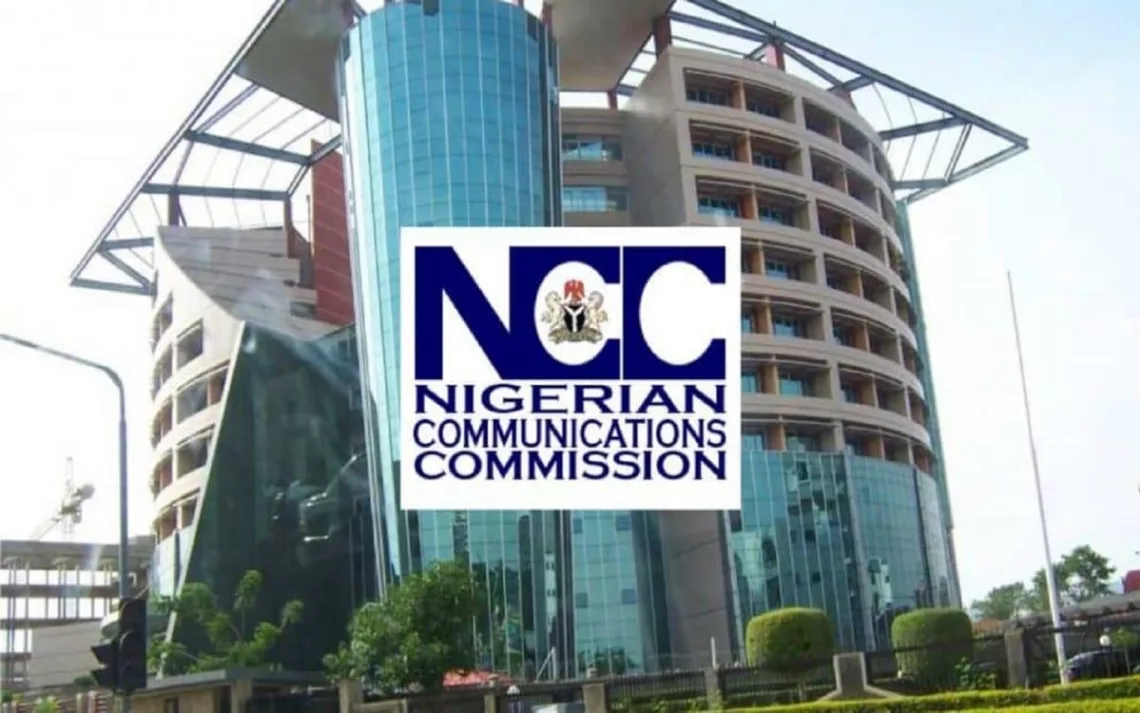The Nigerian Communications Commission (NCC) has called for increased cooperation between industry participants, regulators, and other stakeholders in order to reduce cyber threats in the country.
The executive vice chairman/CEO, NCC, Dr. Aminu Maida, at the NCC’s Telecom Industry Risk Management Conference, on Tuesday, in Lagos, averred that, the telecommunications sector is at the vanguard of innovation in a time of fast technological growth, influencing how people connect, communicate, and do business globally.
“As we navigate this dynamic environment, the need for effective risk management becomes increasingly paramount. Today, we stand at the crossroads of tradition and transformation, where emerging technologies and trends present both unprecedented opportunities and challenges,” he stated.
Maida, who was represented by the executive commissioner, Technical Services, NCC, Engr Ubale Maska, stated that, the current landscape of 5G networks, for instance, boast of wider attack surface due to the increased number of connected devices and denser network infrastructure, adding that, “We are witnessing the dawn of 6G technology, the next frontier in wireless communication. With promises of even faster speeds, lower latency, and groundbreaking applications, 6G has the potential to revolutionize the way we experience connectivity.
“However, with this advancement comes the responsibility to address new risks, from cybersecurity threats to ethical considerations, ensuring that we pave the way for a secure and inclusive digital future.”
Anticipating and managing risks associated with latest technologies and innovations, will require collaboration, innovation, and a proactive approach to ensure the seamless integration of this technology into the present interconnected world, Maida said, while advising operations to consider the implications of emerging technologies such as quantum technologies (computing, sensing, and communications), advanced artificial intelligence, and Block Chain (distributed ledger) technologies.
“As we navigate through 5G and the uncharted territory of the next generations of wireless technologies, collaborative efforts among regulators, industry players, and other stakeholders become even more crucial for sharing best practices, threat intelligence, resources and implementing robust risk management strategies.
“We should therefore move beyond mere compliance and reactive measures, and instead, harness the power of these new technologies and trends to build a resilient and future-proof industry,” he added.
He assured that the commission remained committed to fostering an environment that encourages innovation while prioritizing the security and stability of telecom infrastructure.
In the same vein, retired director, Nigeria Deposit Insurance Corporation (NDIC), Dr. Jacob Afolabi, said telecom operators and Internet Service Providers (ISPs) can for instance, use blockchain to secure their networks, manage network traffic, and reduce the amount of data they need to store.
Afolabi affirmed that Telcos cannot afford not to leverage the opportunities of streamlining their operations with blockchain technology, even as he disclosed that the technology can help in fraud detection, roaming and settlements, 5G enablement, loT connectivity, cut costs by removing processing overheads related to loT gateways and provide additional layer of security as it makes businesses to benefit from a robust level of encryption.
However, the publicly reported losses by cyberattacks against blockchain systems during the past eight years exceed $1 billion globally, Afolabi disclosed, while calling on telecom operators leveraging Blockchain technology, to minimize the likelihood of being abused by making risk management the central of their operation.





